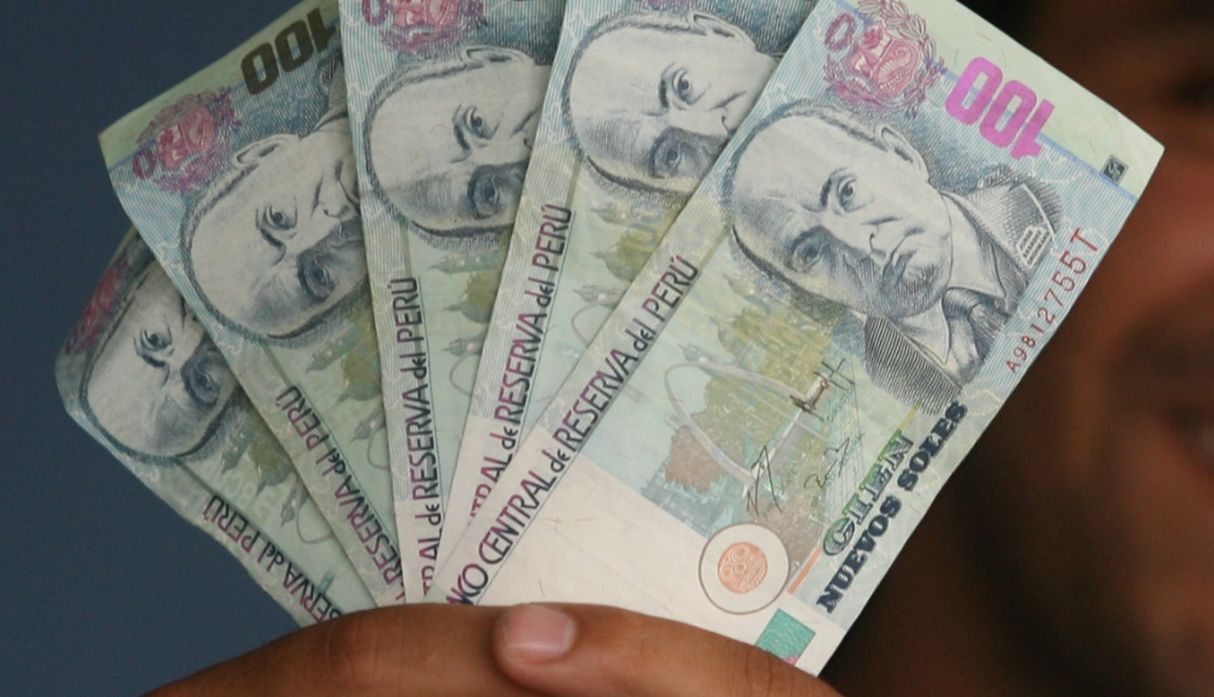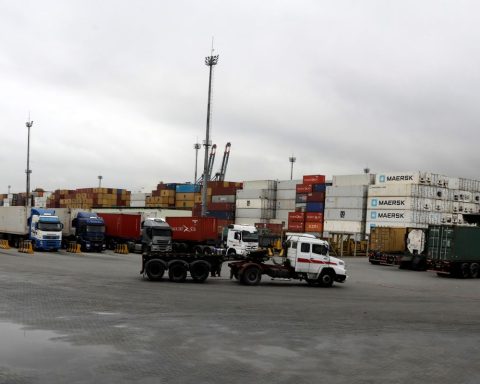By: Evans Avendaño, General Manager of Aeropuertos del Perú
Price controls have been disastrous wherever they have been implemented. In essence, they limit the fundamental role of prices in providing information to determine how much of each scarce resource is used, where it is used, and how the resulting products are transferred to consumers. Prices are the basis of the economic calculation necessary for an efficient allocation of resources. However, both the Executive power like him Legislative They rarely understand this role, completely ignoring the secondary effects that this type of control generates or, simply for political reasons, they finally legislate in favor of said controls.
In economic terms, the salary is the price of work in the labor market. Therefore, establishing a rminimum vital remuneration (RMV) is a price control policy. The equation is very simple, if one produces less than what one receives as a salary, one will either be fired or simply not be hired, at least not formally. Therefore, setting a certain level of RMV generates excess supply and therefore unemployment.
An RMV policy not only generates the adverse effect of increasing the costs of labor formalization, especially in a country like Peru whose rate of labor informality is one of its main structural problems and whose percentage of micro and small businesses is high, but it generates an important collateral effect from the point of view of labor inclusion and the formation of human capital.
Since the RMV is in the lower part of the price scale, this regulation affects the employment prospects of those workers whose productivity is low, excluding them from the formal labor market. This usually affects young people who are just joining the workforce, or workers with less experience or qualifications. In this vulnerable group, which remains unemployed, the acquisition of the skills and work experience necessary to make them more productive over time and increase their salaries is delayed, in line with the greater productivity they develop. The dynamic cycle generated by entering the formal labor market is broken!
Additionally, minimum wage policies are a clear impact on our inherent and inalienable right to freedom of association. If both employee and employer are voluntarily willing, without any coercion, to forge an alliance between them under which one provides their work at a price lower than that established by the RMV, then who is the State to deny them?
The best way to increase salaries is by increasing work productivity, but not by decree. To this end, state policies should not be aimed at imposing onerous requirements on employers, but rather at implementing policies that stimulate capital accumulation instead of discouraging it. This is how the virtuous circle of development is generated: more capital, more productivity, better salaries!


















